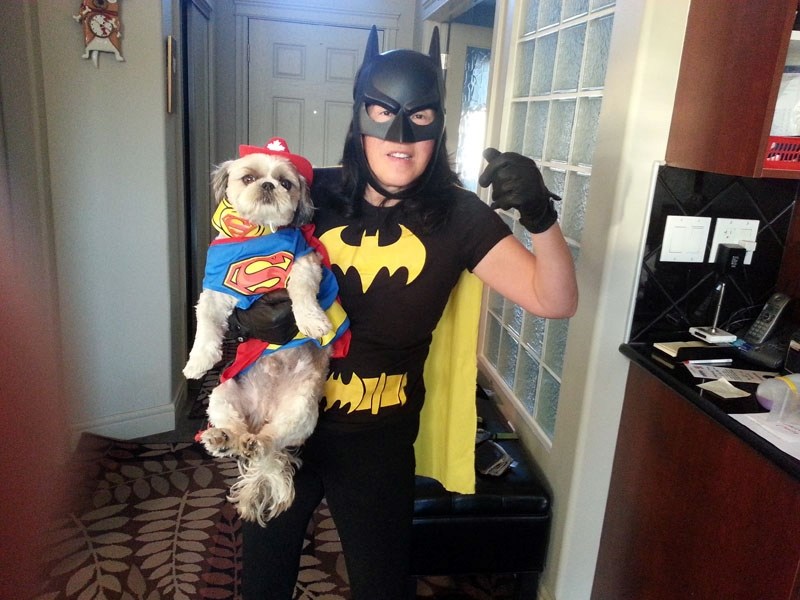Keeping volunteers happy and engaged is becoming an ongoing commitment for the agencies that need their services.
Ideally, those volunteers are recruited in a way that fulfils their needs and at the same time makes them feel as if the work they are doing is needed. When that happens, the volunteers are more likely to stay with an organization.
"More and more organizations are recognizing they need to understand what volunteers want and they need to thank them. Sure parties or luncheons are nice but the volunteers want to know they are contributing in some way, they want to know they are part of a team and they want to know that on an ongoing basis," said Glennis Kennedy, director of volunteer services at the St. Albert Community Information an Volunteer Centre.
There is no one pat answer as to why volunteers give of their time, Kennedy said, though the most common reason is that they wish to give back to their community. Often volunteers are unsure of what their own wishes are and the challenge is to find out their interests and skills.
"We try to find out the reason for their wanting to volunteer. Do they want to use their professional skills in a job that is similar to what they might do at their place of employment or do they want something completely opposite so they can learn new skills? " Kennedy said.
Agencies needing volunteers are starting to change their recruitment policies so they can answer the demands of the volunteers, Kennedy said. They have to be able to fit the needs of the volunteer.
A new trend Kennedy has noticed is people wishing to volunteer in groups. They may want to volunteer with their family members or perhaps with a sports team or with fellow employees.
"Sometimes finding those positions for groups is more challenging but agencies needing volunteers are finding they have to be more flexible. Another trend is that people often want to volunteer for short term rather than long term positions and that also requires flexibility on the part of the agency," she said.
The most common reason listed by volunteers who leave their positions is that they have had a negative experience," Kennedy said.
"Often that comes down to their saying they did not feel fulfilled or they say they don't feel they are contributing," she said, adding that even seemingly routine tasks may suit some volunteers and the trick is to find the right match for the volunteer.
"Maybe they are just stuffing envelopes but that may suit their needs if they just want to be out and mixing with people," Kennedy said.
Some organizations are allowing the volunteers to find ways to build their own volunteer opportunities. Rather than an organization saying they have three positions to fill and need these three requirements, they might ask people to say what their skills are and then build a position for those skills.
"Perhaps, for example, a writer could write grant applications but the agency may not have had that exact position until the person with the skills came to them."
Time may also be a factor for many volunteers, who say they want to help but on their own schedule.
"More and more organizations are finding that setting up a volunteer position for every Tuesday afternoon, for example, doesn't work for everyone, " Kennedy said.
Sometimes the volunteers themselves need to change their own ideas about what they can do to help the community, Kennedy said, as she explained that even simple neighbourliness must be seen as volunteering.
"Sometimes parents come to us looking for positions for very young children and there aren't that many of those opportunities. But we explain they could shovel a neighbour's walk, they could do a sock drive perhaps for the Youth Emergency Shelter and maybe they could volunteer as a family to help for a few hours at Ronald McDonald House. Those informal opportunities come up frequently and make a huge contribution to the community," Kennedy said.




